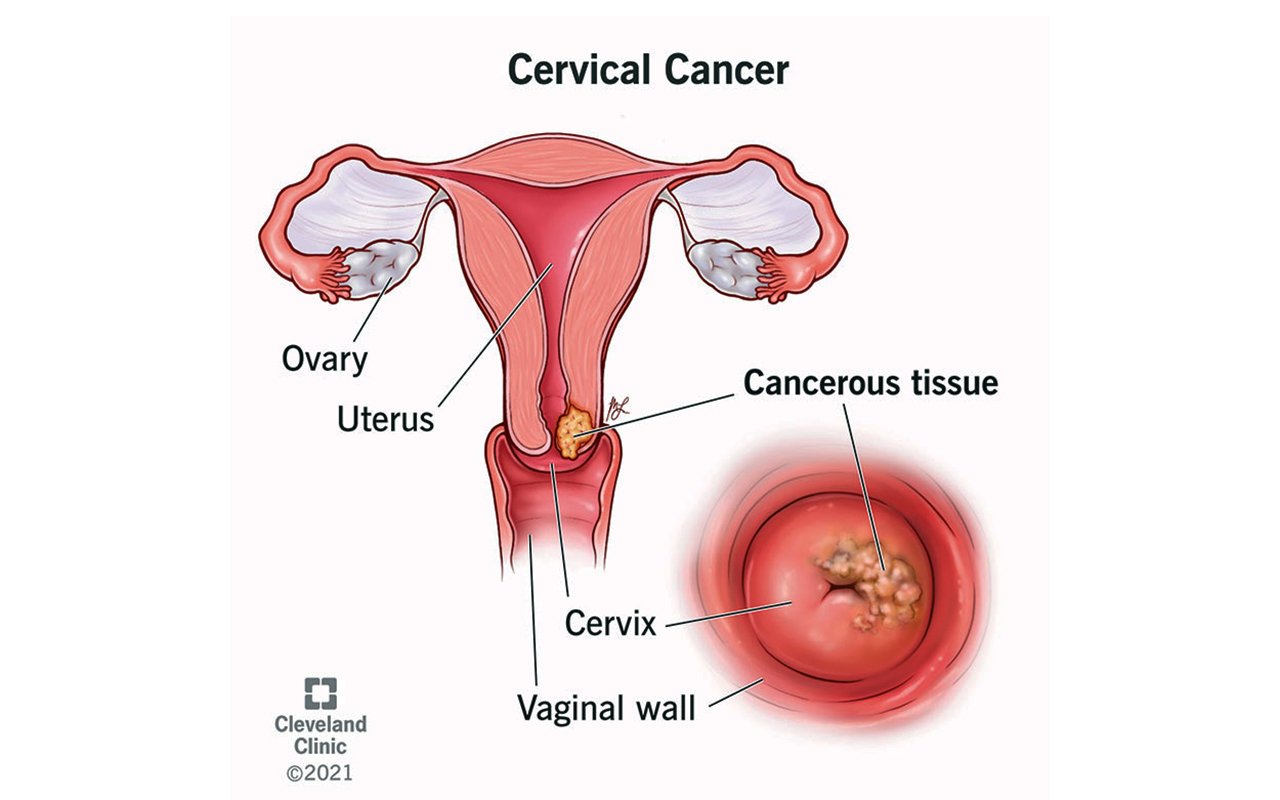Data and Mobile Money are the next growth frontiers for telecoms

Mr Vanhelleputte is the CEO MTN Uganda.
What you need to know:
Diversifying telecoms. In about 10 years, telecoms should be diversified so that revenue segment contribute at least 40 per cent each. For a telecom to operate sustainably now and in the future, data and Mobile Money cannot be avoided.
At least 20 years ago, making a phone call was so precious and expensive. It was limited to a few and at the time, the mobile handset was considered an innovation, but only for those with significant amounts of money.
Fast forward to today, owning a mobile phone has been made easy. There are manufacturers that have made their focus on making devices for the African continent. What is even more impressive is that these devices are also internet enabled.
So, 20 years ago, it was owning a mobile phone that was a challenge. This evolved to owning a device that was internet enabled. Today, that is also changing. Customers are now demanding for better camera smartphones and increased processing speeds, among others.
In 1998, when MTN launched services in Uganda, I am not sure we would have predicted what a telecom company would be after 20 years. What we have noticed over the years is the continued need to invest in order to keep up and be prepared for the future. In order to connect Ugandans, voice is still alive but there are other ways of connecting.
There has been talk that voice is dead. Well, not quite. It is still alive but in a whole different format. Voice calls have been reinvented through telecoms coming up with bundled voice services.
These bundled voice services have ensured that revenue from voice remains stable instead of declining. Voice revenue is still the highest, contributing at least 60 per cent of all telecom revenue, but we are seeing much faster growth in data and Mobile Financial Services (MFS).
This is where the future is. One of the reasons voice and services like SMS have rather flat growth is the advent of Over The Top services like Whatsapp. Some of these services enable voice calls and chat functionalities that have eaten into the space previously dominated by telecom companies. It is important to note that lately, for one to buy a smartphone, the question that is asked by the customer is; “Does this phone have Whatsapp?”
For telecoms, ensuring that there is a reliable internet connection to enable people use OTT services is critical. A closer look at the investments made by telecom companies in the last five years, there is a trend.
At least 70 per cent of the capital investment is going into ensuring that there is preparedness for the data usage growth. The customer is constantly demanding more. In the future, we see data enabling homes, farms and offices become smarter.
The second important pillar for growth of telecoms is Mobile Money. At the moment, we have identified cash as the greatest threat to the growth of Mobile Money in Uganda.
We noticed how price sensitive customers have become, when the 1 per cent tax on transactions was imposed by the government. Transactions declined, leading volumes to fall by about Shs60bn.
However, we still see Mobile Money growing because it is much more than sending and receiving. Just like we noticed in Kenya, Mobile Money has the potential to be used in markets, shops and service provision at least by about 60 per cent, overtaking cash transactions. This is an area where there is still room for growth.
In August 2018, MTN Uganda became the first telecom company in the world to have customers pay for a music streaming service – TIDAL – using Mobile Money. Additionally, customers can now shop around the world without the need of having physical credit or debit cards, but rather by using Mobile Money.
In about 10 years, telecoms should be diversified so that revenue segment contribute at least 40 per cent each. For a telecom to operate sustainably now and in the future, data and Mobile Money cannot be avoided.
Mr Vanhelleputte is the CEO MTN Uganda.




